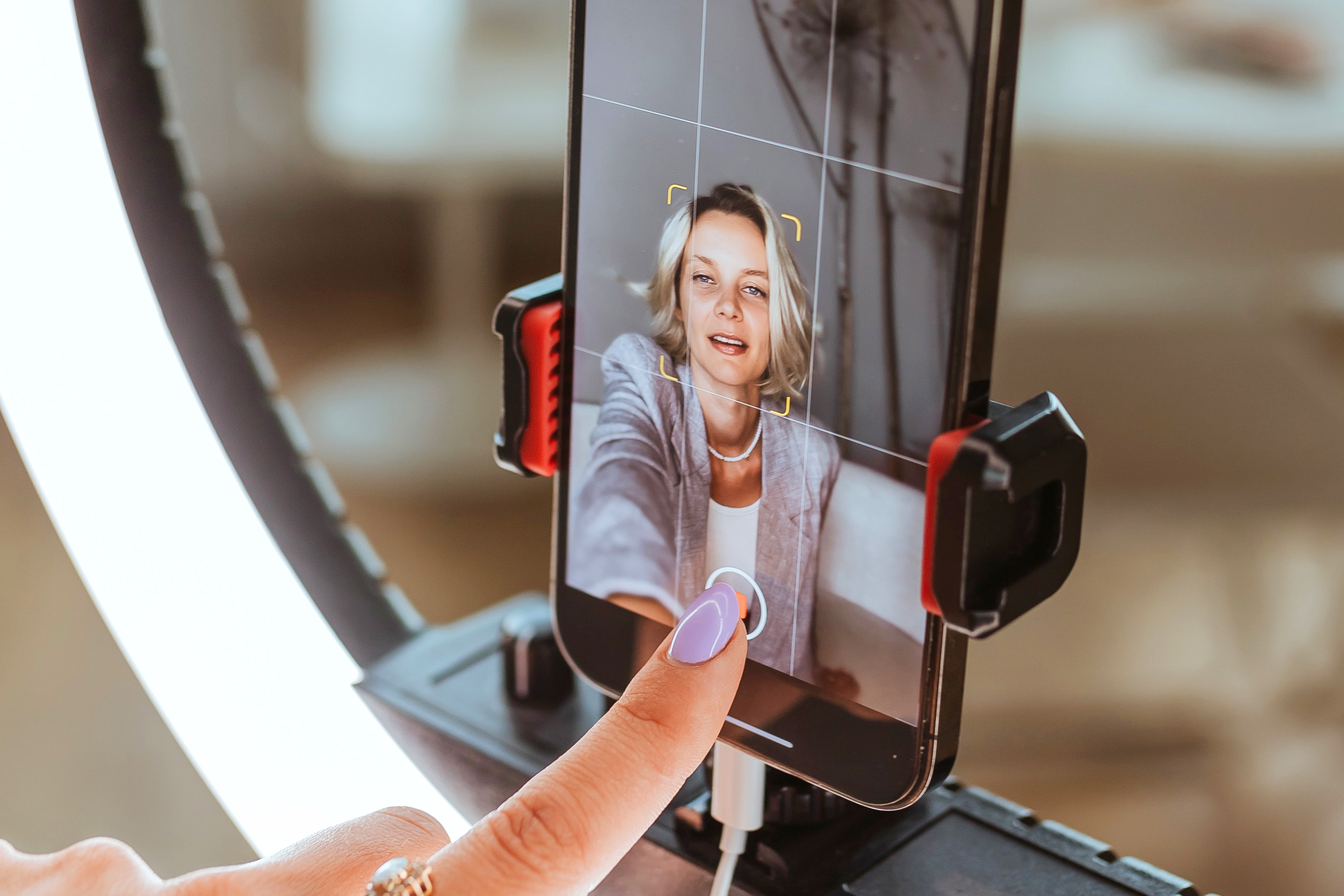
Comparing Celebrity and Micro-Influencers for Pharma Marketing Brands
Pfizer did not start the celebrity influencer trend, but it sure has capitalized on it. From former U.S. Senator, Bob Dole: partnering with Pfizer for its erectile dysfunction drug Viagra in the late 1990s to NFL player Travis Kelce (and Taylor Swift’s current boyfriend) educating fans about the importance of getting their COVID and flu vaccines; using well-known and loved spokespeople to speak to the masses has always been part of the marketing playbook.
In today’s digital age, celebrity and influencer marketing has become an indispensable tool for brands seeking to reach wider audiences. But, within marketing circles, there’s a debate on the most effective type of spokesperson to represent your brand: the high-profile celebrity influencer or more niche influencers. Both have their merits, but both also come with unique challenges.
Download our Comparison Chart here
Benefits of Celebrity Influencers:
- Massive Reach: Celebrities often have multi-million follower counts. Partnering with them ensures immediate visibility across a vast audience.
- Instant Credibility: A recognizable face can lend immediate trustworthiness and clout to a product. Their endorsement can elevate a brand’s profile almost overnight.
- Broad Demographic Appeal: Celebrity influencers tend to appeal to a wide demographic range, potentially allowing pharma companies to reach more varied groups.
Drawbacks of Celebrity Influencers:
- High Costs: Securing a partnership with a celebrity can be expensive. The return on investment (ROI) needs to be substantial to justify the costs.
- Diluted Message: Celebrities often juggle multiple endorsements. There’s a risk that the pharma message might get lost amidst other promotions.
- Trust Issues: Some consumers are skeptical of celebrity endorsements, viewing them as purely transactional.
Benefits of Non-Celebrity Influencers:
- Targeted Reach: Niche influencers typically have a dedicated, specific following. This can be invaluable for niche products or treatments.
- Authenticity: They often have personal stories that resonate with their followers, making their endorsements seem genuine and heartfelt.
- Cost-Effective: Collaborations with micro-influencers are typically more affordable, allowing for a better ROI.
Drawbacks of Non-Celebrity Influencers:
- Limited Reach: While their followers are dedicated, the overall number might be significantly less than that of a celebrity.
- Varied Impact: The influence of micro-influencers can be inconsistent. Some might yield great results, while others might have little impact.
- Vetting Required: Brands need to thoroughly research to ensure the influencer’s values and messaging align with theirs.
In conclusion, while celebrity influencers offer vast reach and immediate credibility, they come at a higher cost and risk message dilution. Niche influencers, on the other hand, provide authenticity and targeted messaging but might have a more limited reach. For pharma companies, the decision should be based on the specific goals of the campaign and the target audience.
Click here to learn more about our full-service, end-to-end influencer marketing solutions.
Reach out to the author, Rishi Kadiwar, VP Strategy – DTC, LiveWorld, to learn more about digital and social agency services for the healthcare and pharma industry – rkadiwar@liveworld.com
 Liveworld
Liveworld
